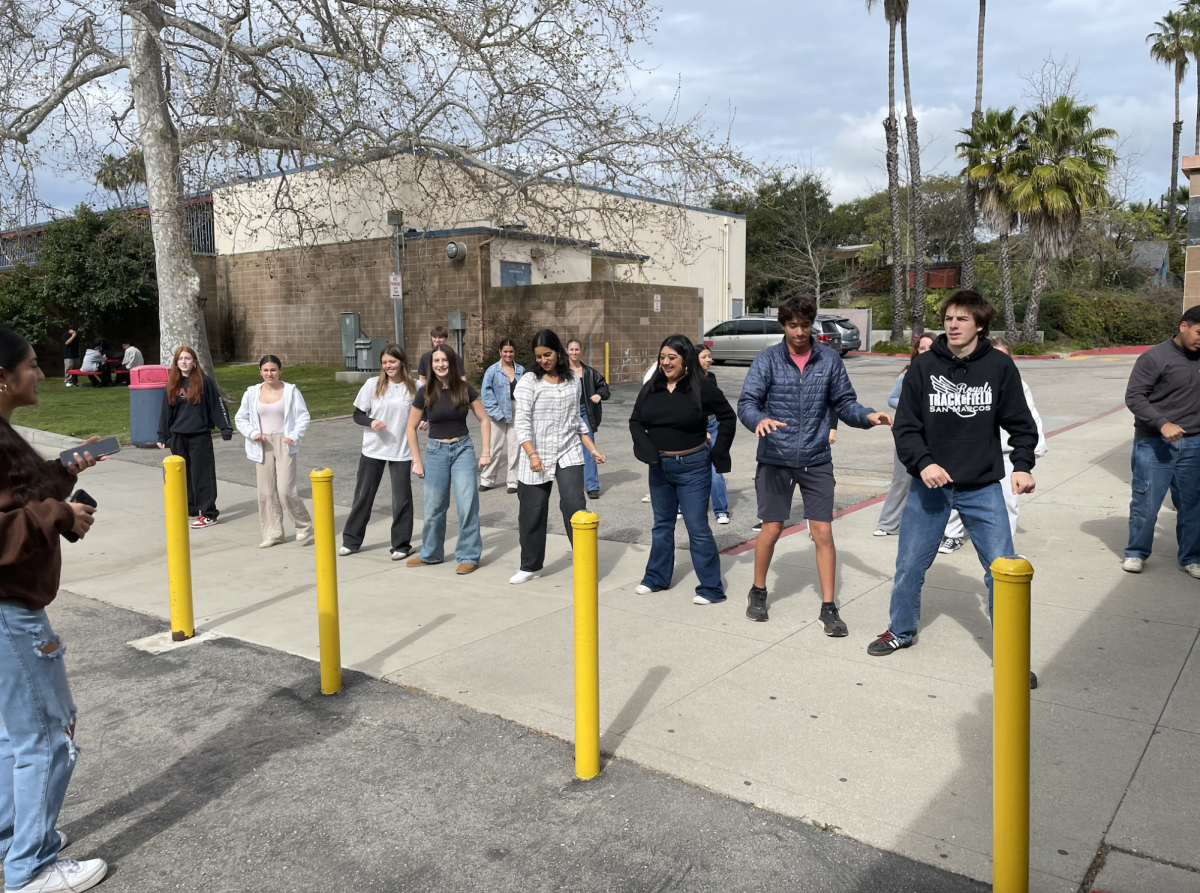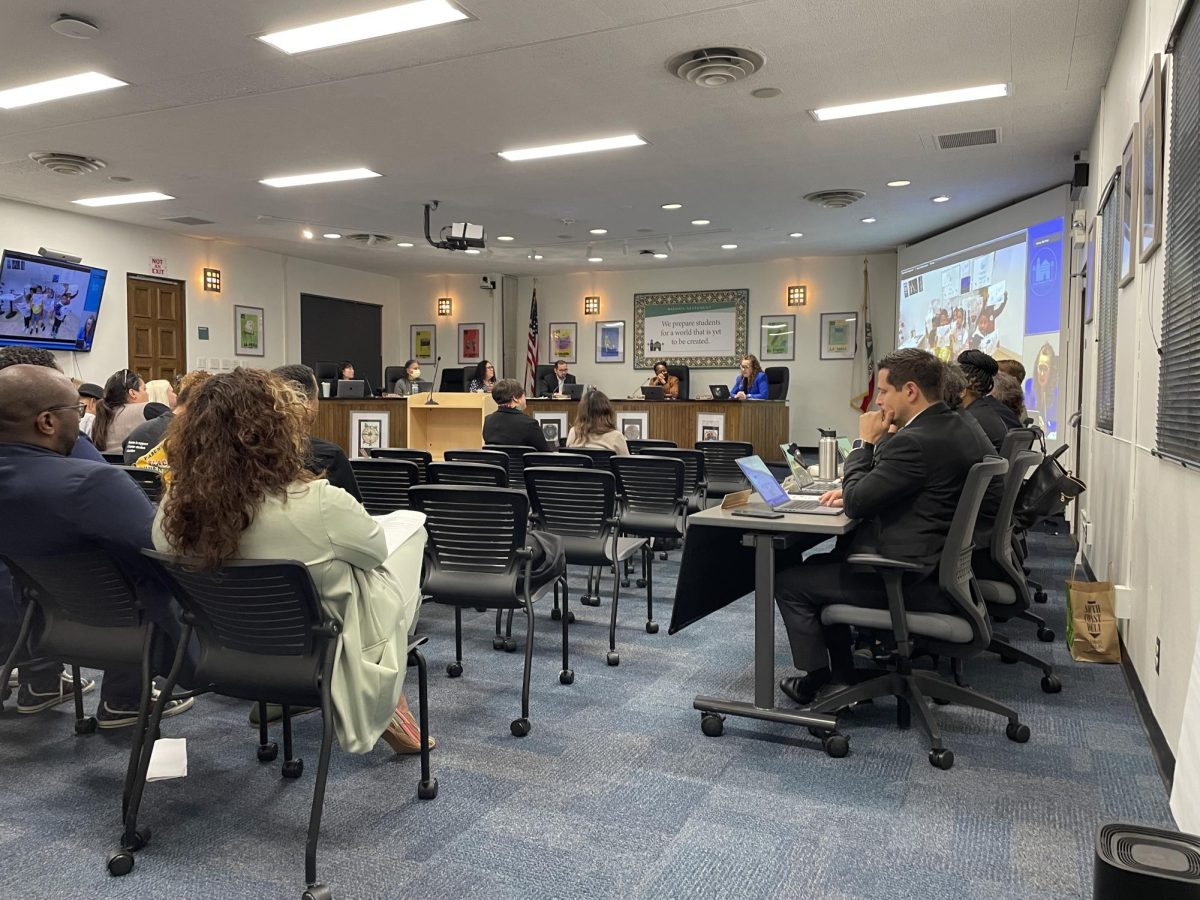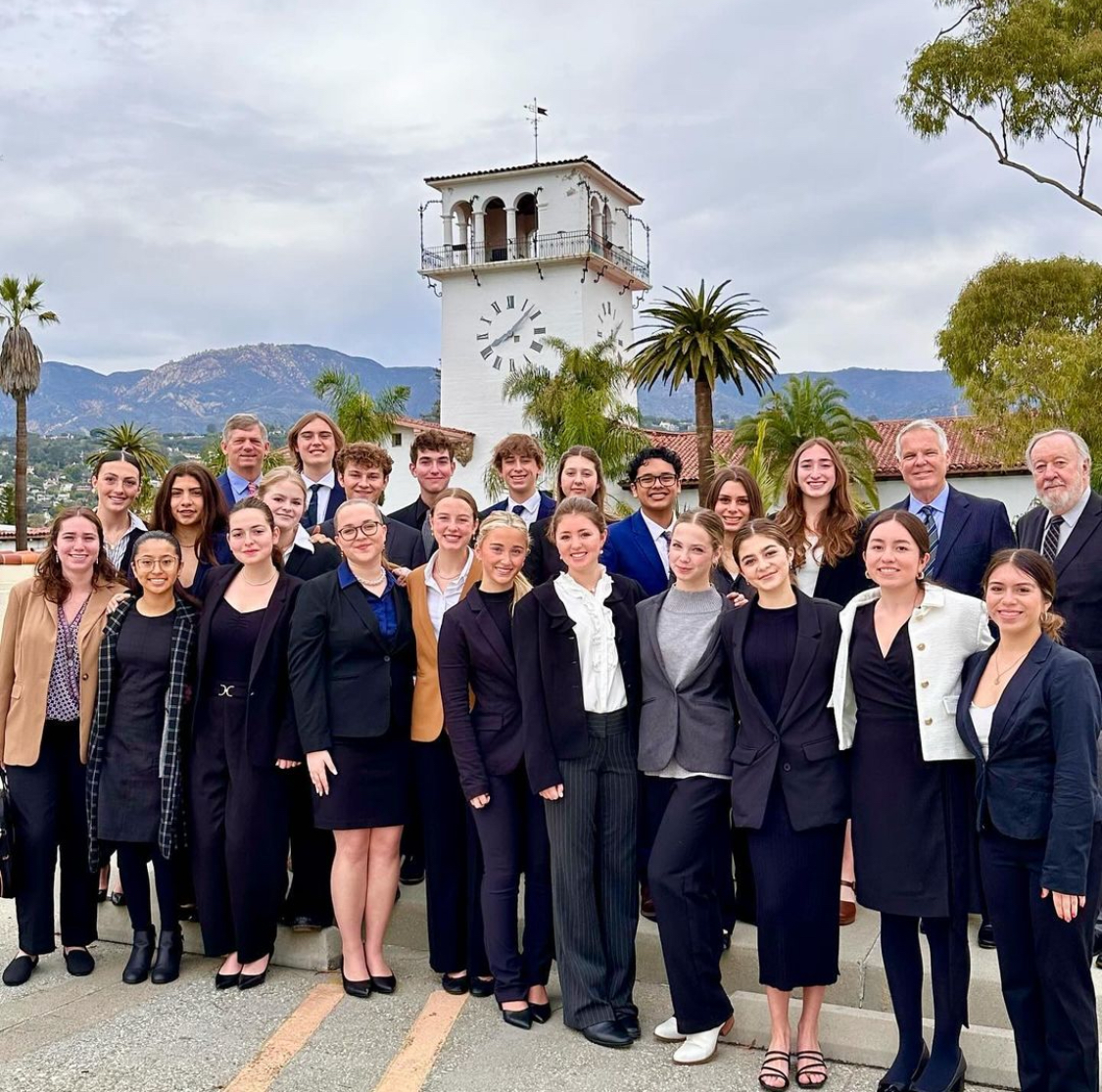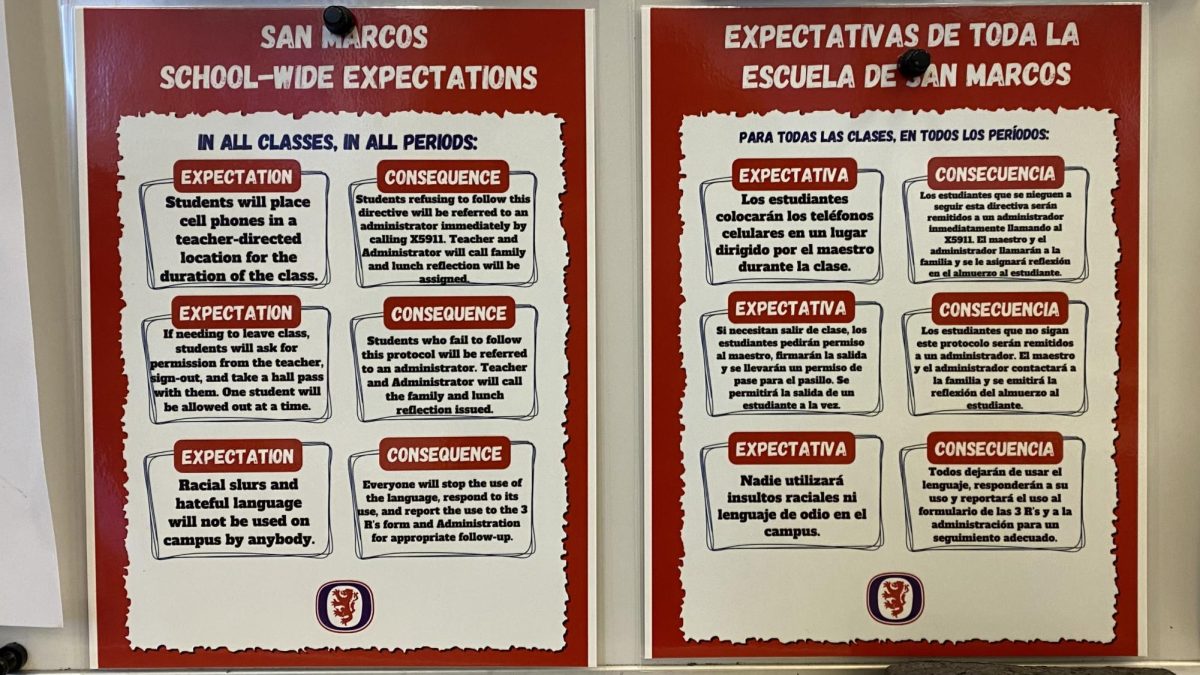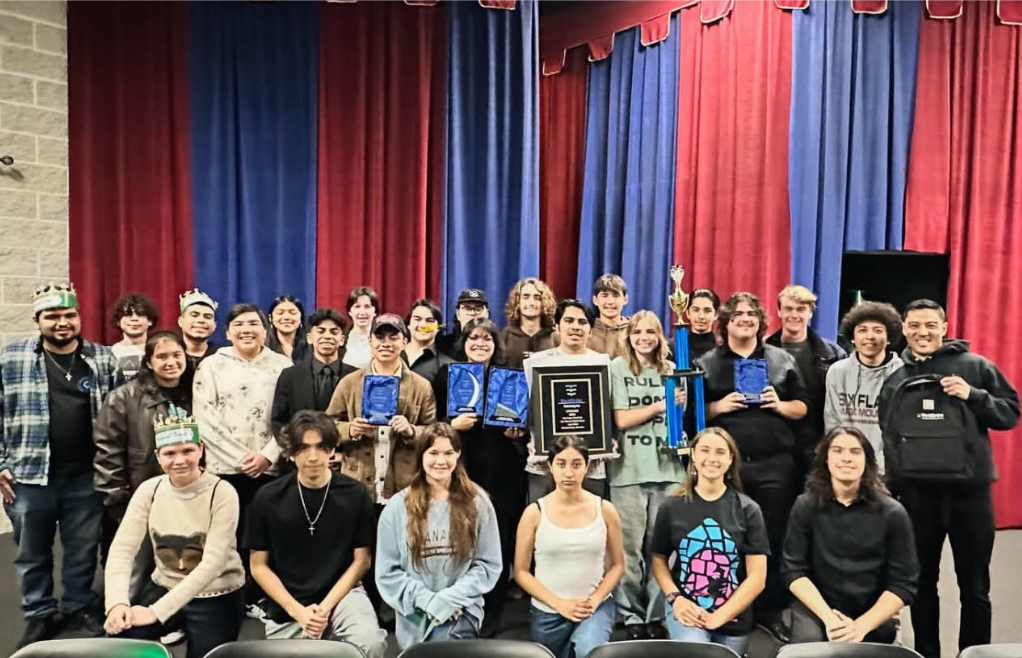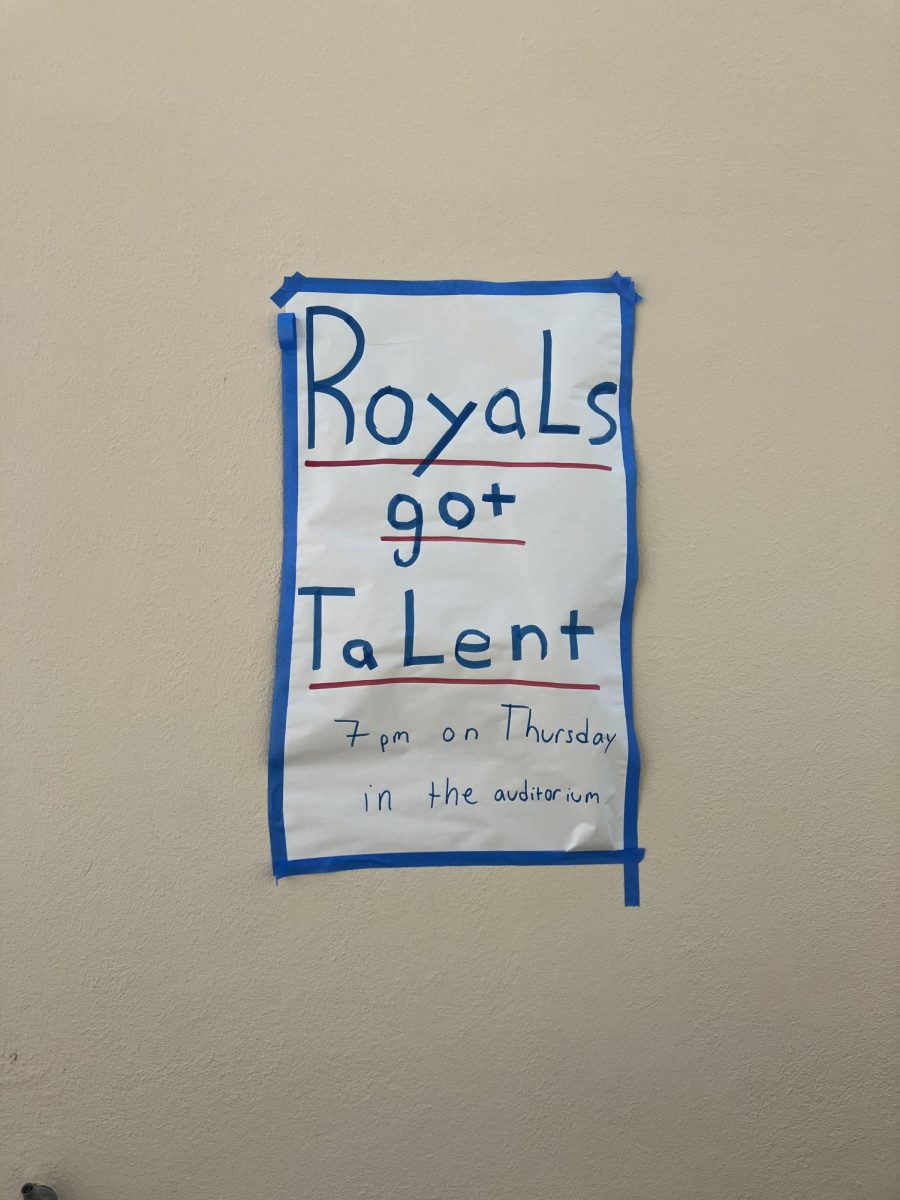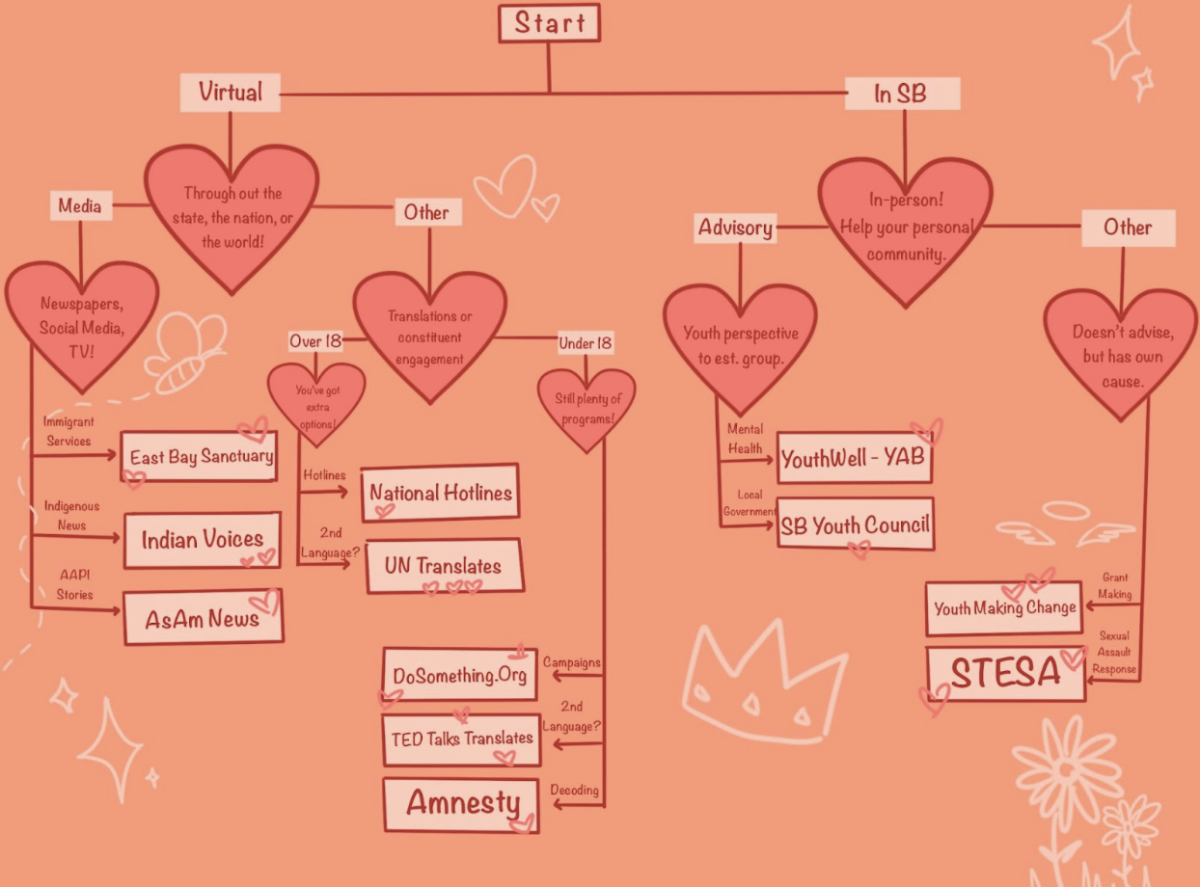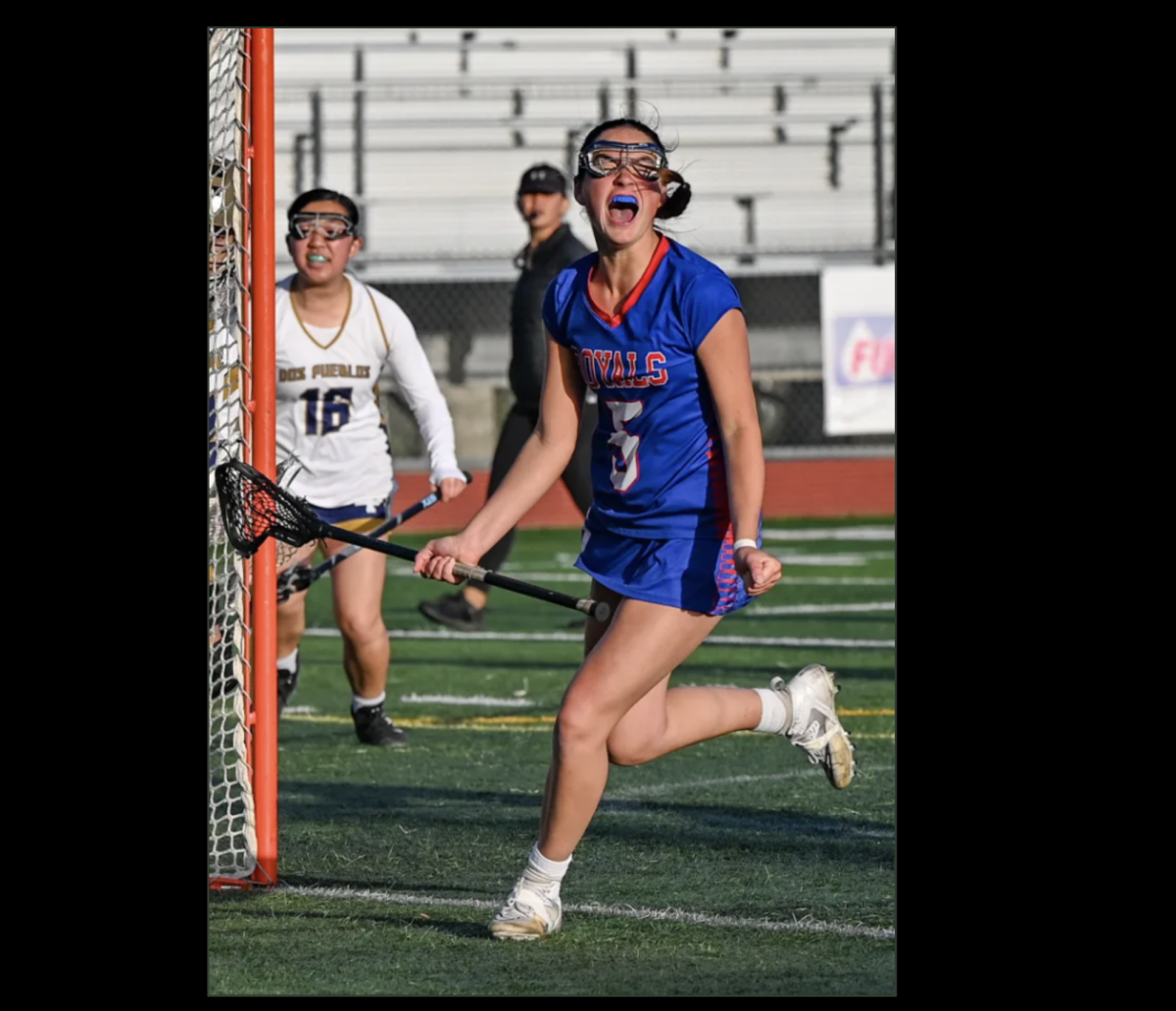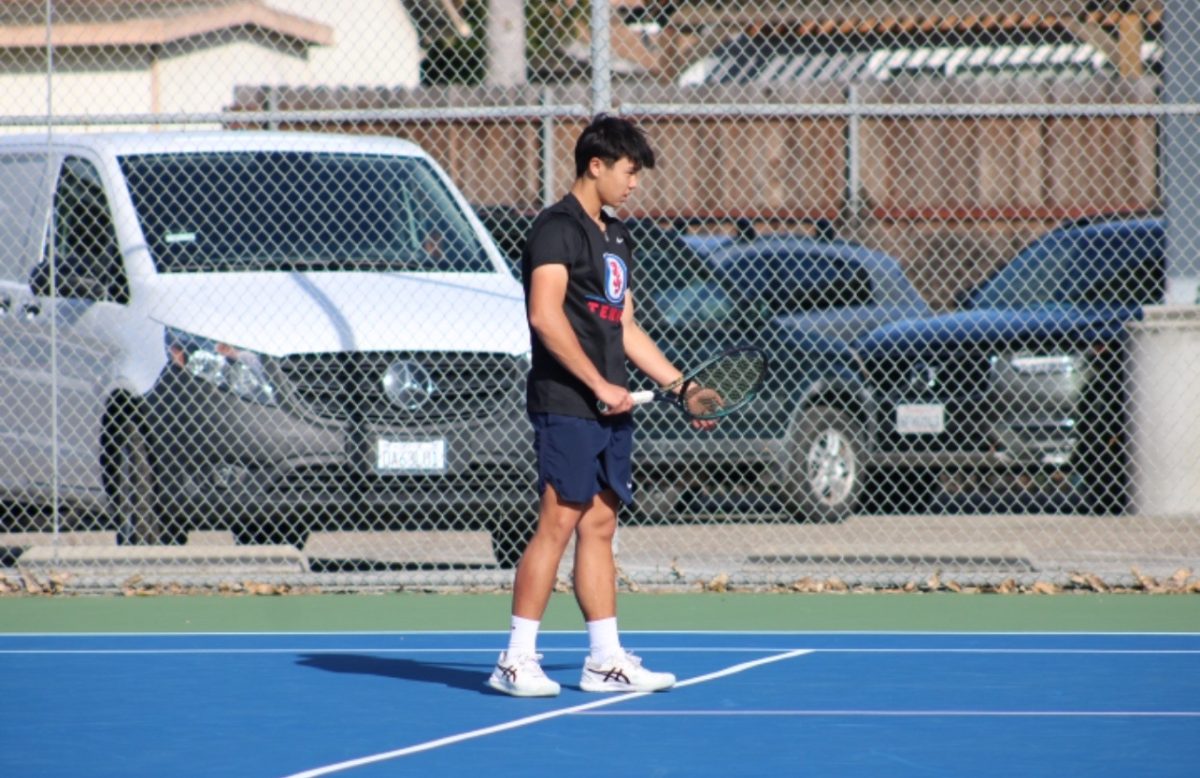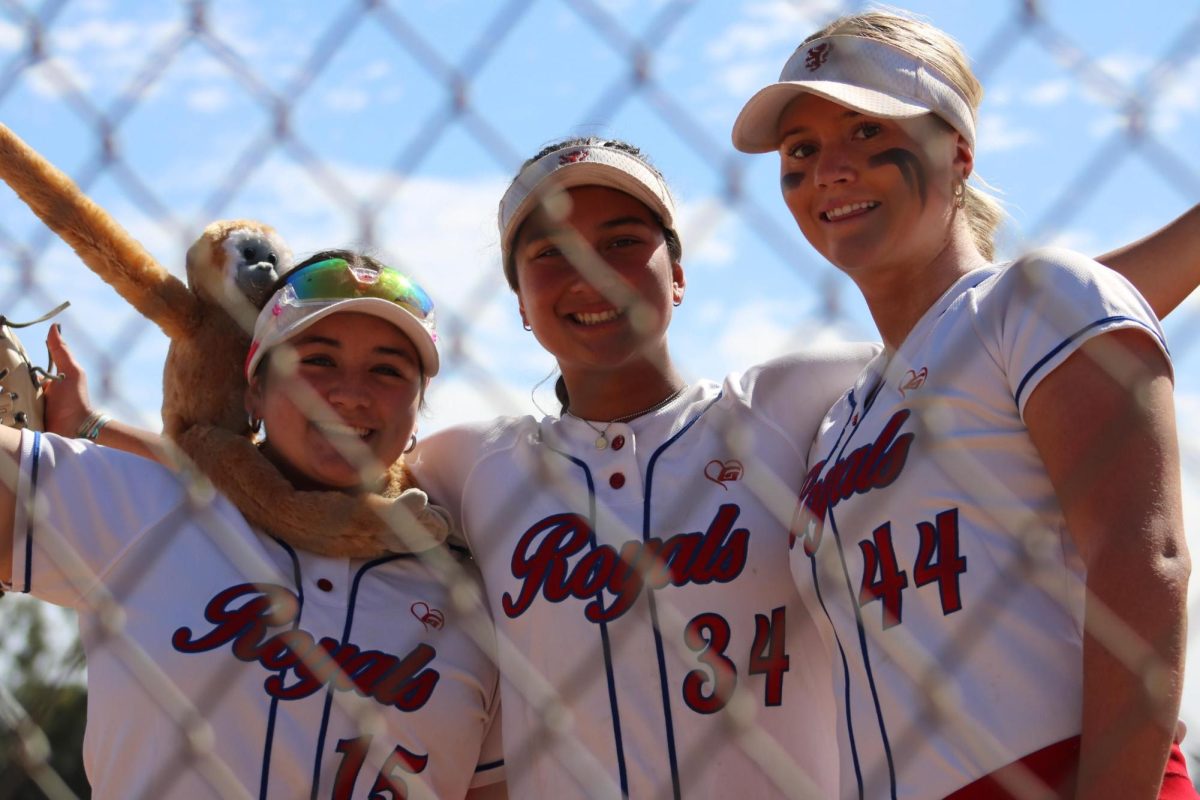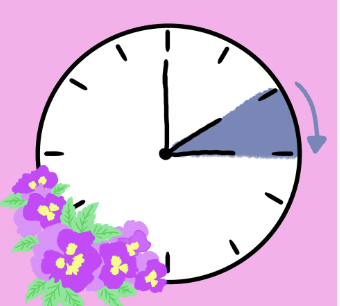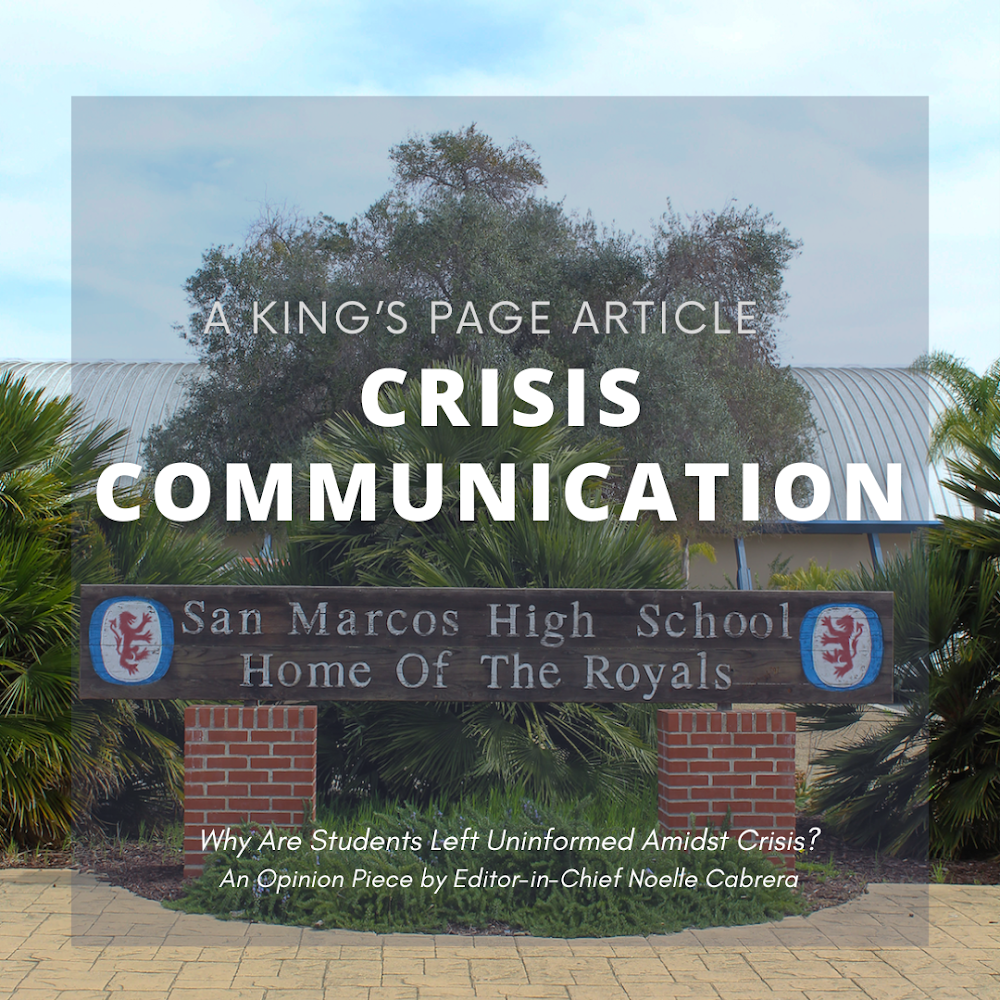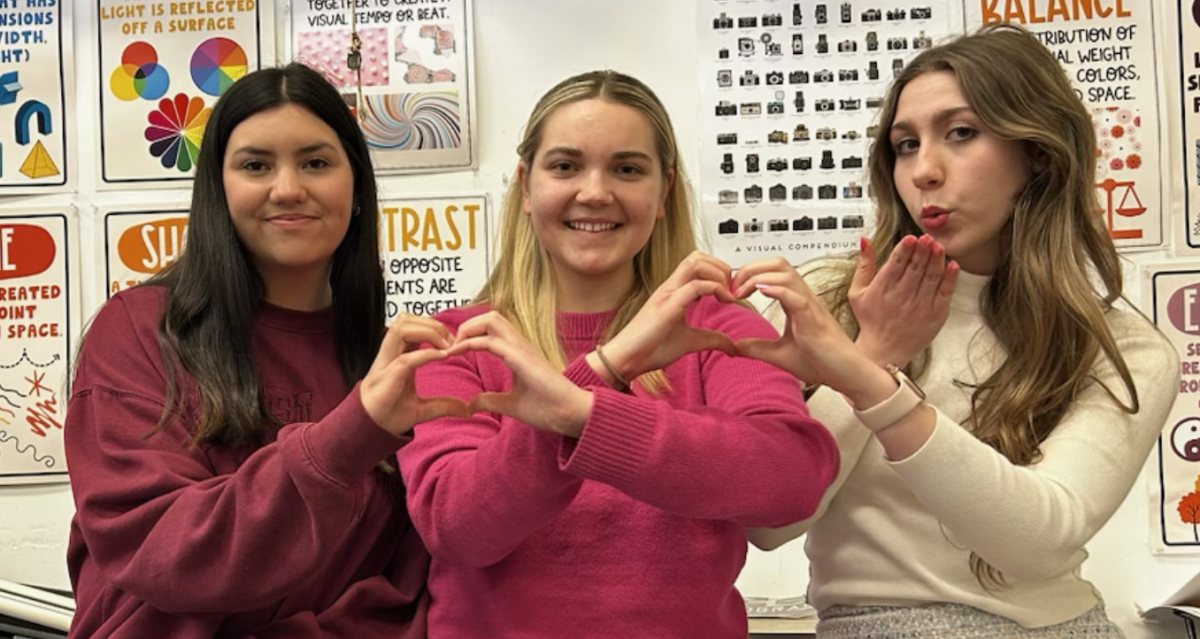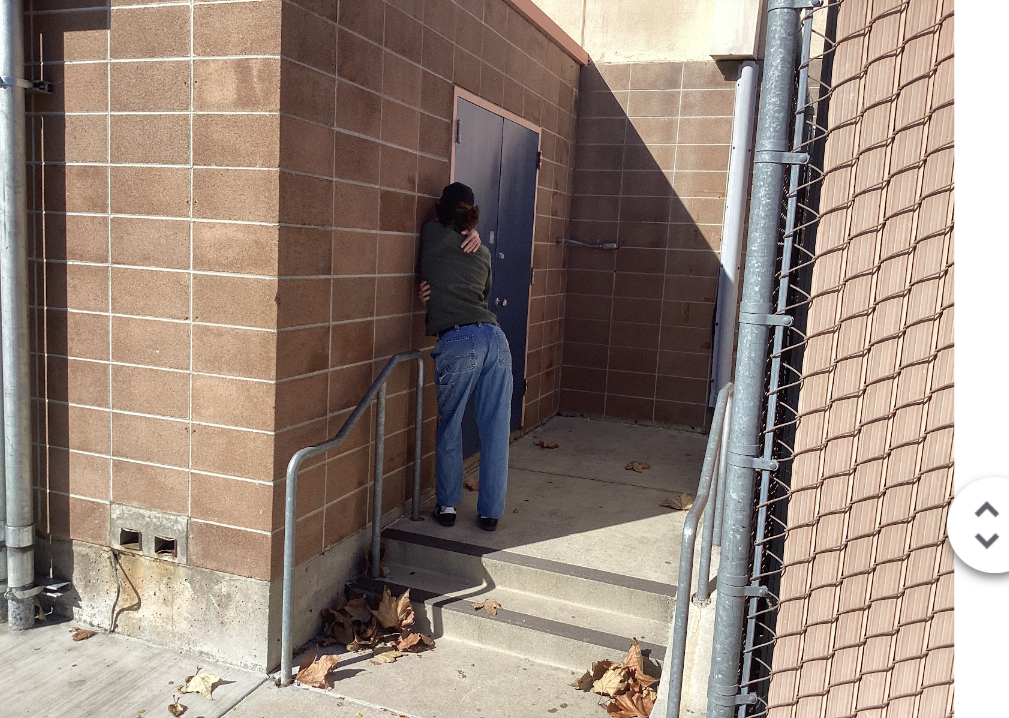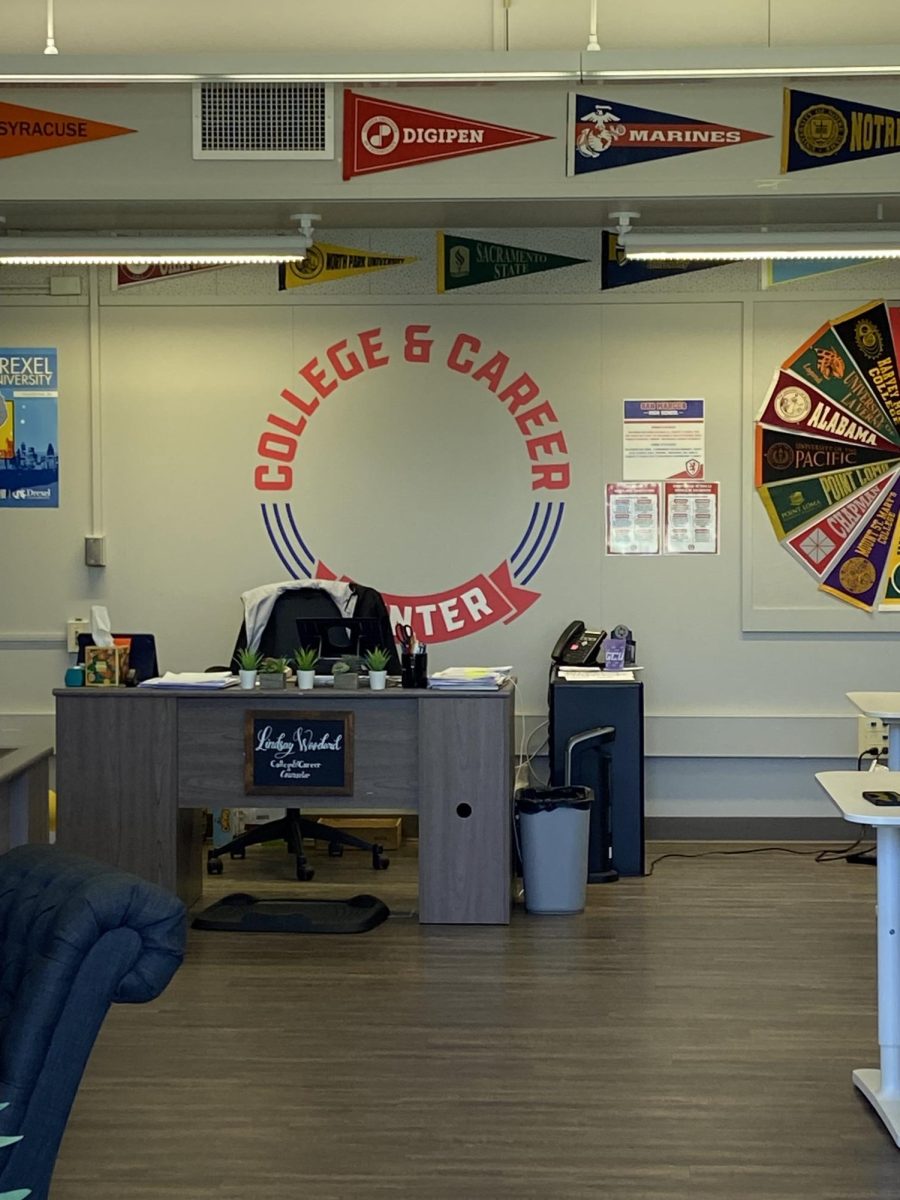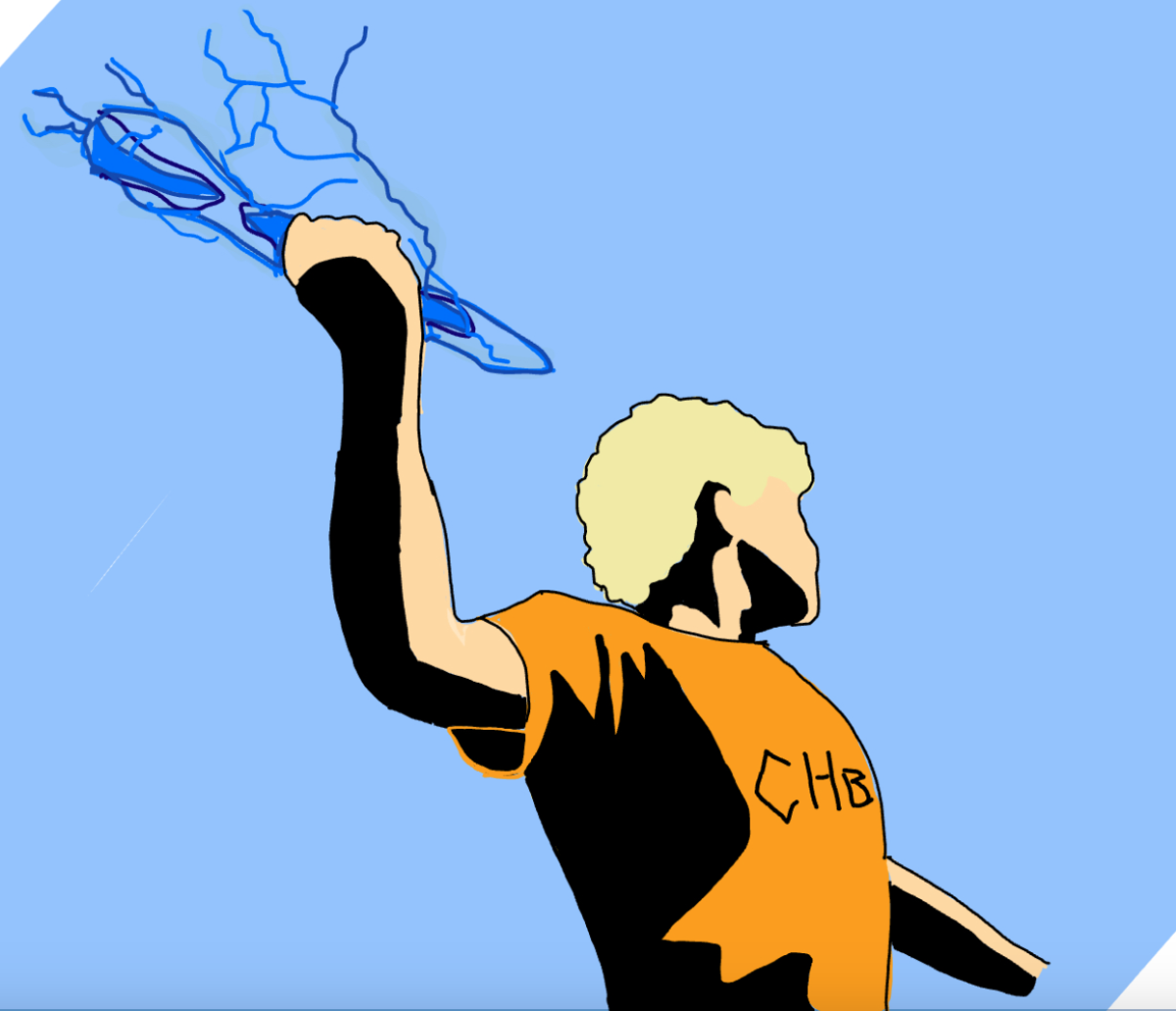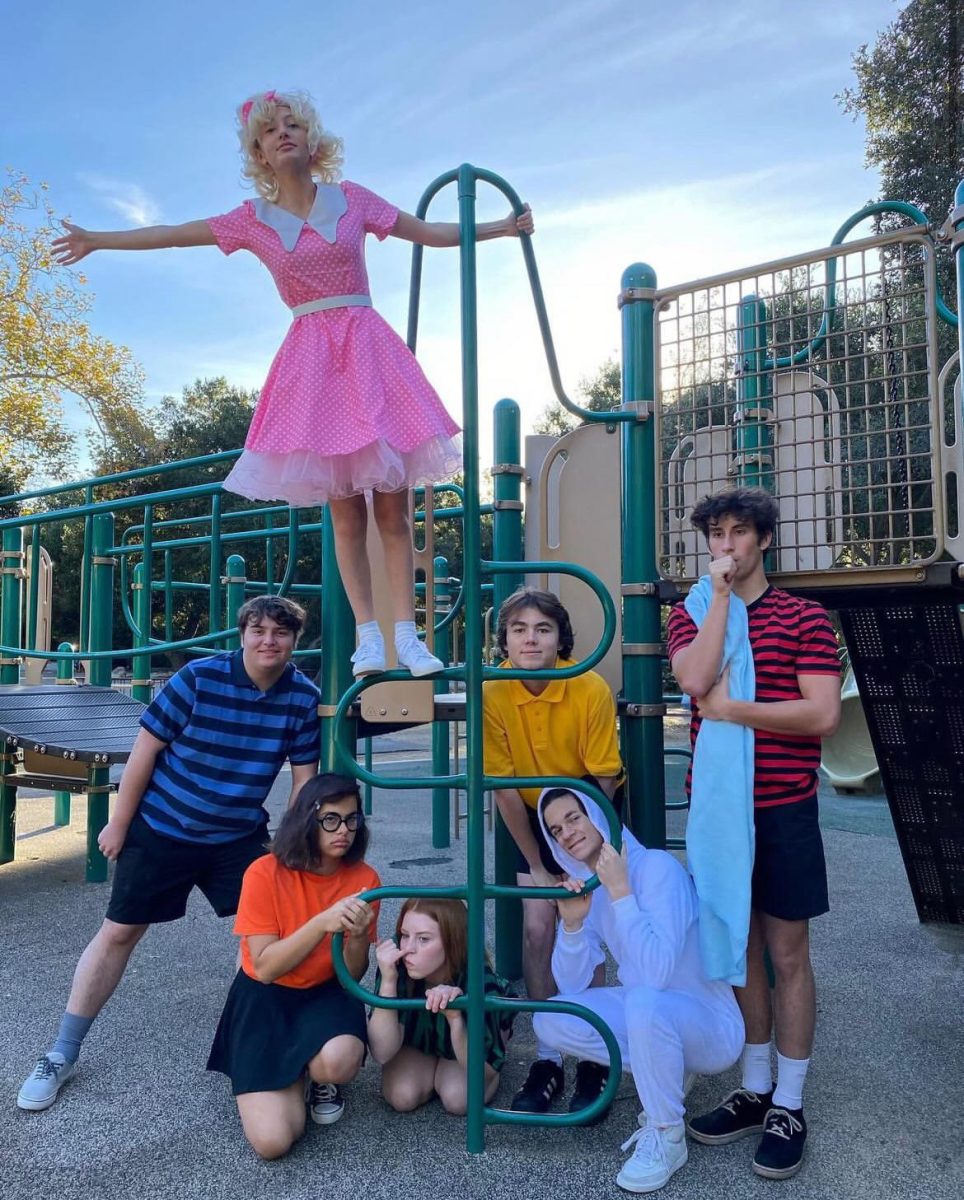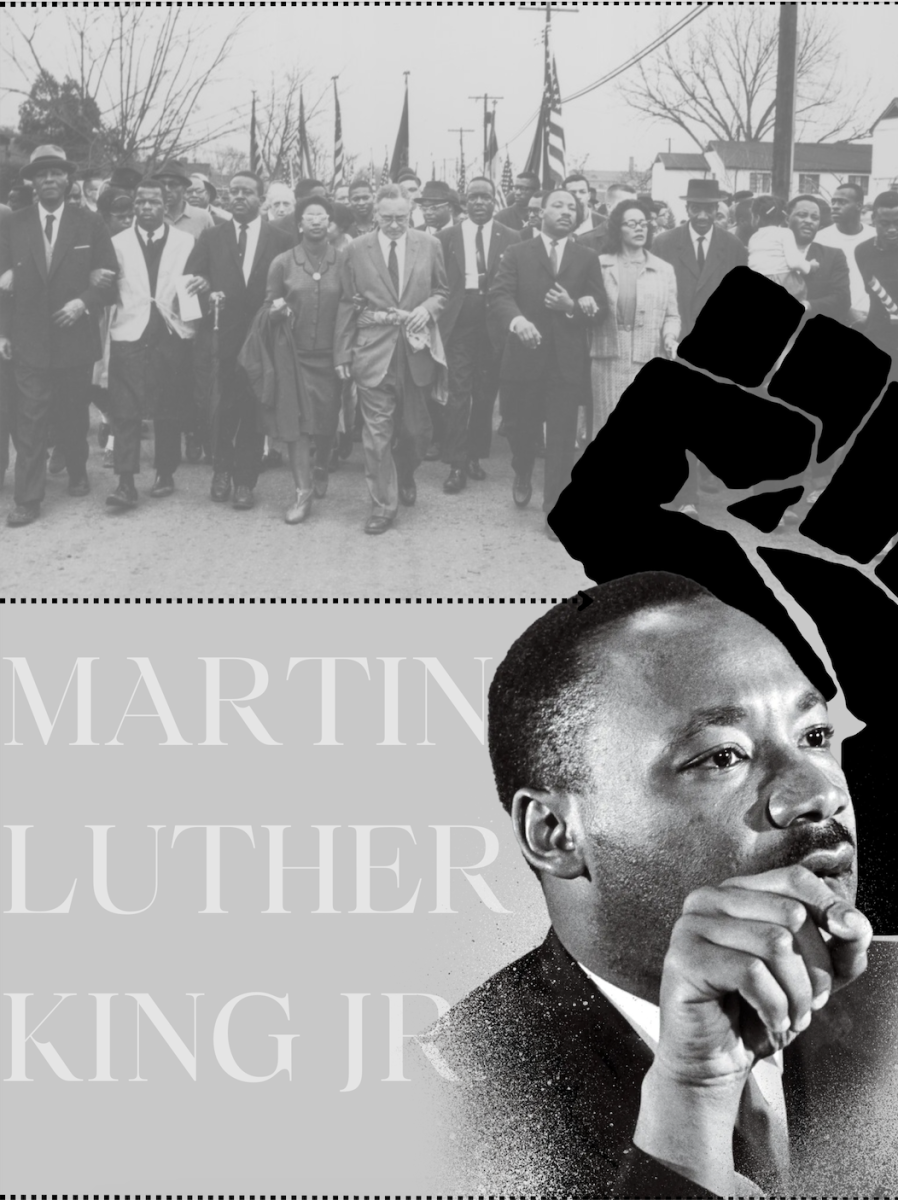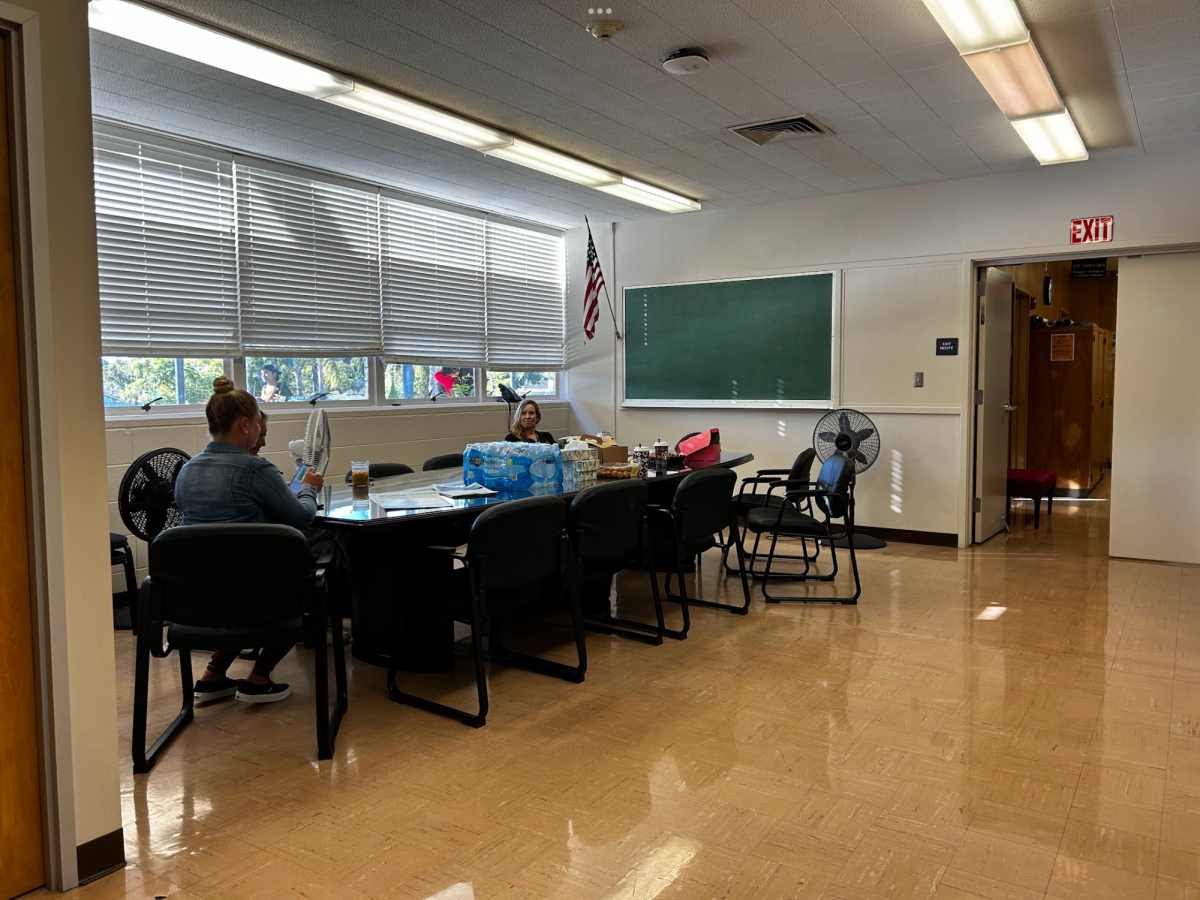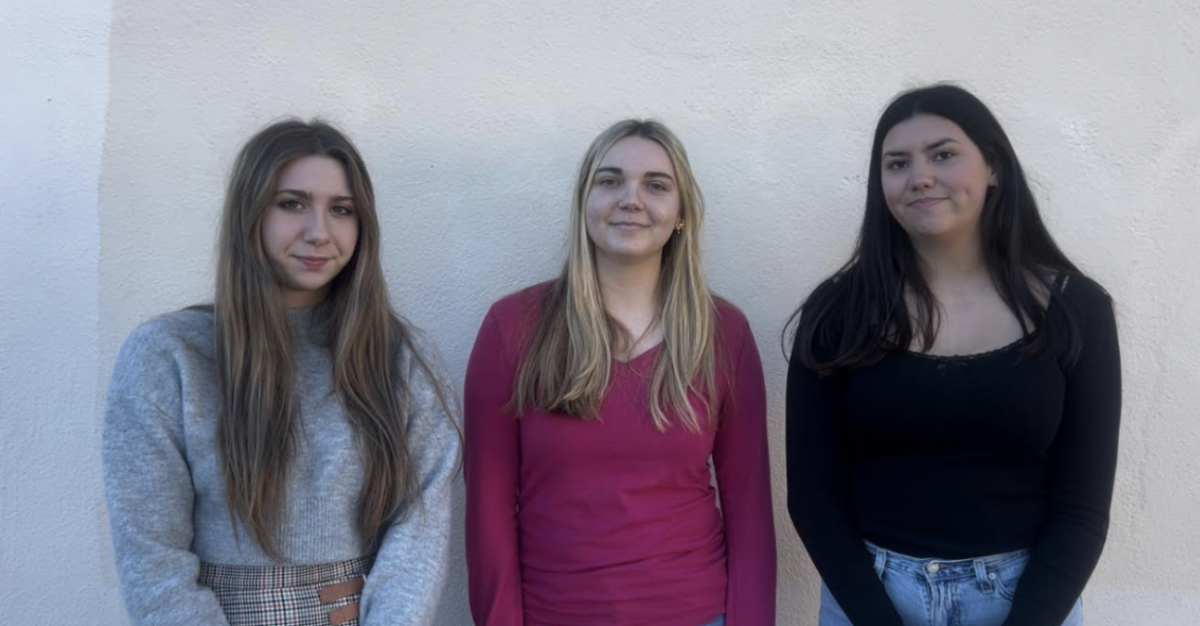As the United States spikes once again in COVID cases, the climbing death toll raises a controversial question: Should students be punished for partying?
On November 12, nearly 165,000 Americans tested positive for COVID, our highest number of new cases to date. As predicted by experts across the nation, this marks the beginning of the most devastating spike yet. Human nature encourages distraught Americans to search for a group to blame, and students are next on the list.
This public outrage towards students is not without reason. High school and college parties have been one of the key factors in recent outbreaks across the nation. Here in Santa Barbara, cases in Isla Vista rose nearly 50% over the course of two weeks in late October, with the spike largely attributed to pre-Halloween parties at fraternities and sororities. Students’ disregard for the severity of this pandemic has enraged at-risk Americans everywhere, and the people are urging school boards to take action. But how far can schools legally go?
High schools and universities have different ranges of power over their student body. Especially within public high schools, privacy protection laws regarding minors make it exceptionally difficult for schools to have any influence on what a student does outside of school. In addition, these laws vary from state to state, district to district, and even school to school. A general rule of thumb is that high schools can discipline students for outside behavior that directly interferes with school operation (e.g. cheating) or behavior that occurs on or around campus after hours. If one were to go by this logic, then high schools can absolutely punish students for not adhering to social distancing rules—the number of cases in the area directly affects how school can operate.
In contrast, colleges have a much more active role in their student’s lives outside of school. Universities such as Penn State, Purdue, and Ohio State all suspended students in late summer for partying without masks and disregarding social distancing, and many schools across the nation have similarly disciplined students. Although high schools do not have the full range of power over their students that universities do, they should look at the results of these suspensions and consider disciplinary options for offending students.
Senior Class President Andrea Lising opposes the idea of school intervention, saying “Unnecessary gatherings during COVID are undoubtedly irresponsible for everyone, let alone students planning on returning to school…but contracting the virus is punishment enough.”
Olivia Purcell, another San Marcos senior, sees it differently.
“I know that everyone wants life to go back to normal, but it can’t unless people realize that their partying is making COVID worse,” she said. “I think schools disciplining a limited amount of students will act as a warning for others, and reduce transmission rates.”
Although it may be true that students who party unsafely and contract COVID are already punished by the virus, it may not be enough to keep them from continuing to spread it. Studies show that young people with no pre-existing conditions are significantly less affected by the symptoms of COVID, and are therefore more likely to downplay its severity. These parties do not just infect students, they infect everyone students come into contact with, including those who are at risk. Schools need to take action if we ever want to go back to normal, in-person education.

